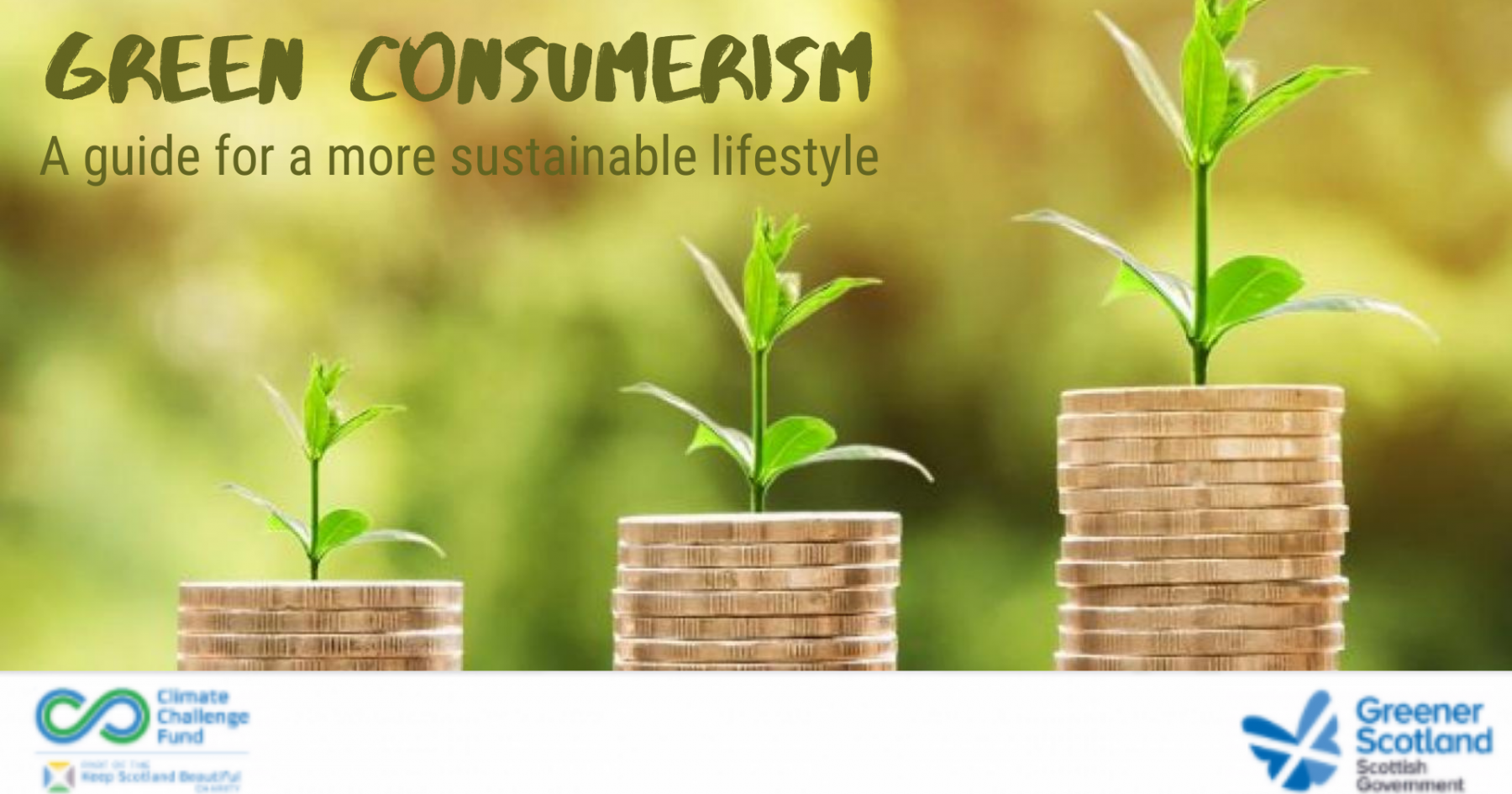What we buy, how often we buy, and where we buy from all have a much greater impact on the planet than we first might think. Lots of resources and energy go into the items we are purchasing, so by being more aware and making changes to your consumption habits you can have a positive impact on our planet, and on yourself (e.g. saving money).
Remember, refusing to use items in the first place, reducing your consumption of items you don't need, and re-using and repairing items that could continue to be used are important steps to be made before resorting to recycling as a final option.
To help guide you through making these changes, we've produced a Beginner's Guide to Ethical Consumerism - check it out and get in touch if you have any other helpful tips you think we should add!
Beginner's Guide to Ethical Consumerism
Shopping with awareness - what you need to know:
Grocery Shopping
- In the UK, the average person wastes 208kg of food per year - that could feed one person for 109 days!
- The average UK household throws away almost £430 worth of food every year.
- 60% of our household food and drink waste is avoidable - through planning, storing, or preparing door or drinks differently.
- 200 million people could be fed with the food currently wasted in Europe.
Fashion
- The production of the clothing of an average UK household involves the use of 200,000 litres of water a year.
- In the UK, the average person has approximately £285 worth of clothes they will never wear.
- 200 tonnes of water are needed per tonne of dyed fabric.
- More than half of the products made in the fast fashion industry are elimintated in less than a year of their production.
- If everyone in Scotland started to wash their clothes at 30°, the country would save 56,000 tonnes of CO2 per year.

